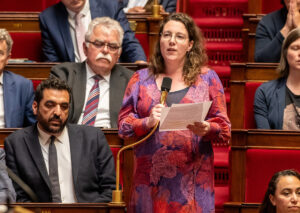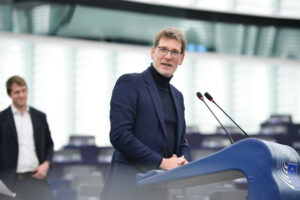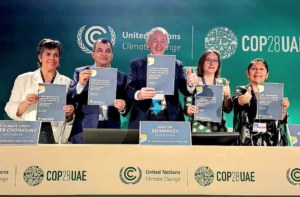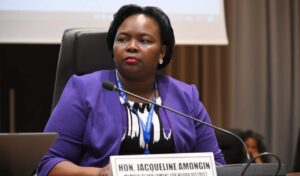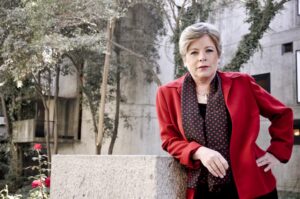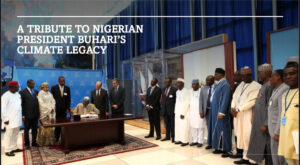
I ATTENDED COP28: This is what I did next… Hon. Cedric Frolick MP
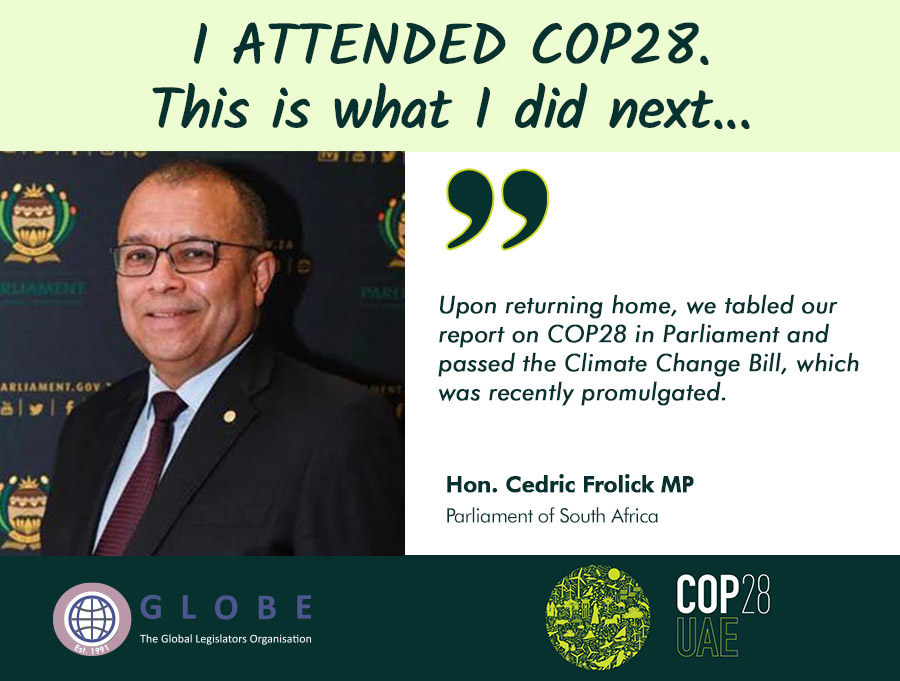
Parliamentarians have a key role to play in ensuring that decisions made at COPs are translated into action by their governments. This is due to their unique role as representatives of the people, and “auditors” of government. As we build-up to COP29, GLOBE as part of its role as the Focal Point of the UNFCCC informal Parliamentary Group has launched this blog series “I ATTENDED COP28: This is what I did next…” to chronicle actions undertaken by MPs post-COP28. This is a way of ensuring that MPs’ experiences and actions during and post-COPs are shared with a wider global community of parliamentarians, thought leaders, and decision makers.It will also serve as motivation for increased action by MPs after future COPs. The blog series will run until the week leading to the commencement of COP29.
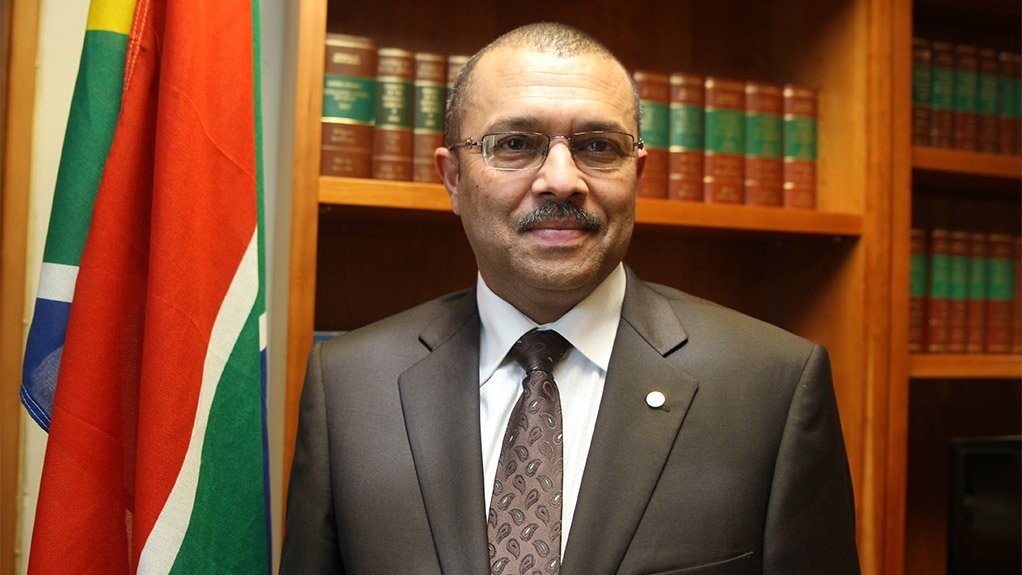
Introduction
I attended COP 28 in Dubai in my capacity as the leader of the multi-party South African Parliamentary delegation.
My responsibilities in the National Assembly as a Presiding Officer include, among other duties, leading on matters pertaining to climate change and serving as the Chairperson of the Climate Change Steering Committee. This continues a practice that began in 2009,where Members of Parliament are included in the country’s delegation.
Arrival in Dubai & Africa’s Six Top Priorities
Upon entering the venue, it was striking to see how the annual COP meetings have grown in terms of the number of attendees from a broad spectrum of stakeholders.
My first engagement was with other members of the South African country delegation,
led by the Minister of Forestry, Fisheries, and the Environment. The Minister of Minerals & Energy was also part of the delegation, which included government officials, women and youth representatives, civil society, business, academia, and more.
At this meeting, the leader of the delegation, Minister Barbara Creecy, shared the country’s position for COP 28 and the state of negotiations. I had a specific interest in Africa’s top six priorities: climate finance, the global stocktake, strengthening adaptation action, implementation of loss and damage, just energy transition, and the granting of special needs and circumstances. These discussions and briefings proved invaluable in further interactions with other participants.
The Parliamentary Pavilion
An excellent “first” at COP 28 was the Parliamentary Pavilion hosted by GLOBE International, which greatly assisted MPs from across the world as a meeting point where thematic and panel discussions took place.
Malini Mehra and her team managed to secure relevant speakers, including legislators, government ministers, activists, and others, for these events. Legislators from South Africa were able to share their experiences on the impact of climate-induced disasters on citizens, the “Just Energy Transition,” and Climate Change legislation.
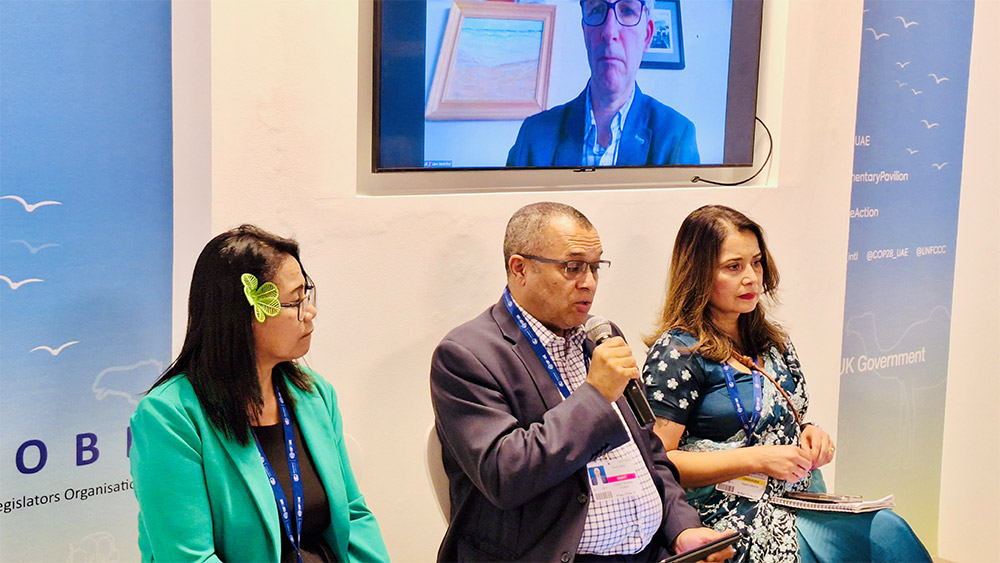
For the first time, legislators attending COP had a “home” that was very professionally managed; here, GLOBE staff arranged bilateral meetings among MPs from different countries and made a comfortable boardroom space available for work or private discussions. GLOBE deserves support to continue with this innovative approach, which proved to be a superb platform for collaboration among legislators.
Post-COP28 and the passage of South Africa’s Climate Change Bill
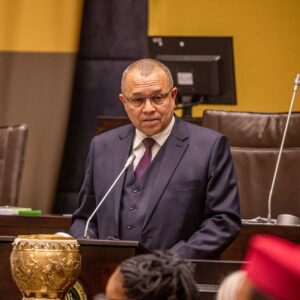 Upon returning home, we tabled our report on COP28 in Parliament and passed the Climate Change Bill, which was recently promulgated.
Upon returning home, we tabled our report on COP28 in Parliament and passed the Climate Change Bill, which was recently promulgated.
A number of online and roundtable discussions in Parliament are planned in preparation for COP 29 to ensure that MPs stay informed of the latest developments and key issues for consideration in Baku, Azerbaijan.
*Honourable Cedric Frolick is the House Chairperson, Committees, Oversight and Public Participation at the Parliament of the Republic of South Africa.

August 21, 2024

